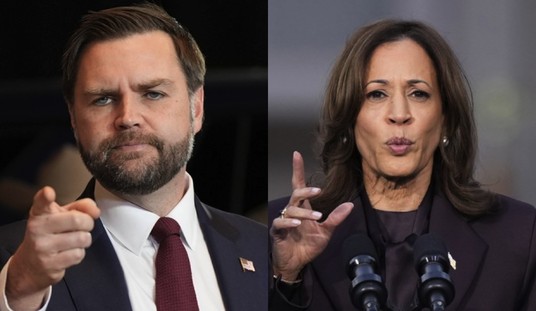Details here and here: the short version is that the Senate back in June kicked off opposition to continued ethanol subsidies via a bipartisan amendment: it didn’t pass, but Congress has just let both the ethanol subsidy and a restrictive foreign tariff (on Brazilian sugar-cane ethanol) lapse. Given that the Iowa caucuses will be finished by the time Congress reconvenes – and given that the House of Representatives is currently chock-heavy with people who spit at the very phrase ‘ethanol subsidy’ – getting back either is going to be a problem for the domestic ethanol industry. Mind you, there are still mandates for using ethanol in place, but note again the ending of the tariff; I’m not a businessman, but effectively lowering the price of Brazilian ethanol by 54 cents/gallon while simultaneously effectively raising the price of domestic ethanol by 45 cents/gallon sounds to me like it would at least raise some intriguing alternatives.
More to the point, ending the subsidies on domestic ethanol production is frankly more ethical anyway. Far too much domestic ethanol is made from perfectly-good foodstock that could be better served, well, feeding people. The cycle was rather nasty, thanks largely to that subsidy; and, in fact, it’s one of the reasons why food prices have been rising lately.
In closing: it may or may not make long-term sense to include ethanol into our energy usage. After all, if you can burn something then by definition it’s an energy source. But we cannot adequately and empirically judge the usefulness of ethanol when its market value has been distorted by government interference. Removing the subsidies and tariffs – which is another way of saying ‘picking winners and losers’ – is a good first step towards coming to that judgement.
Moe Lane (crosspost)














Join the conversation as a VIP Member